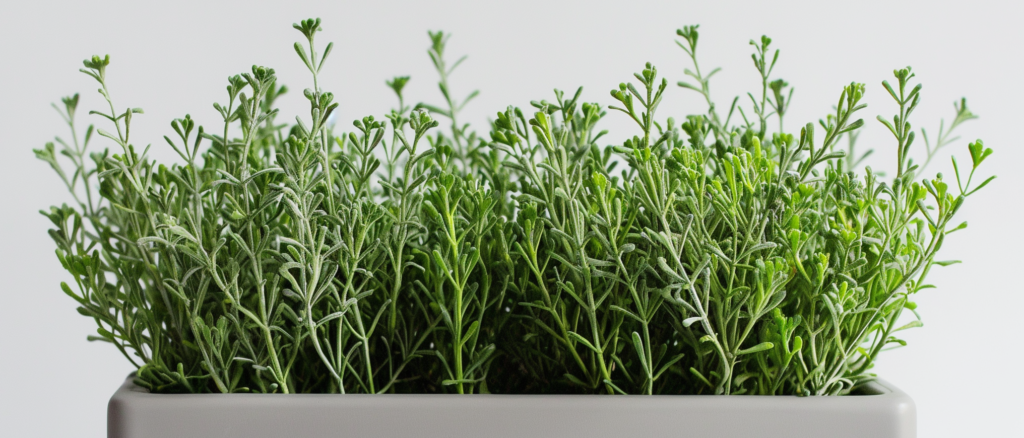Botanists will vote at an international botanical congress in Madrid on renaming plant species that contain racist insults or other offensive names, Nature magazine reported on Tuesday.
The International Botanical Congress, which meets every six to seven years to consider naming rules for plants, fungi and algae, is set to vote on two proposals for culturally sensitive designations, Science Weekly reports. report. (Related article: Workers discover marijuana grow outside Wisconsin state Capitol: Report)
Botanists will decide whether to eliminate the offensive name from their field. https://t.co/pl9AHNBSkU
— Nature (@Nature) July 16, 2024
According to Nature, one proposal seeks to remove all species names based on “caffra” and its derivatives (an ethnic insult for black South Africans) and replace them with derivatives such as “afr.” This proposal would affect around 218 species. The second proposal would set up a committee to address offensive names. The amendment would need to be approved by at least 60% of those present to pass.
The proposal has its detractors. “It's very unfortunate that many of these names are offensive,” Alina Freire Fierro, a botanist at Cotopaxi Polytechnic University, told the magazine. “Changing names that have already been announced would be very confusing.”
“There has been resistance to these proposals due to concerns that they could lead to confusion in plant nomenclature,” Gideon Smith, a plant taxonomist at Nelson Mandela University in South Africa and one of the driving forces behind the “Kahula” proposal, told Nature. “I can't think of an easier way to get rid of this racist term.”
Nature noted that species named after colonial figures such as colonial official Cecil Rhodes and slave trader George Hibbert have also come under fire. “There must be a way to deal with cases like Hibbert's,” Kevin Teal, a plant taxonomist at the Australian National University, told the magazine. Teal stressed that species renaming should be limited to “sufficiently egregious” historical figures.
Leonard Gillman, a former New Zealand evolutionary biogeographer and consultant, told Nature magazine that future conferences should consider replacing existing plant names with names used by indigenous people. “Change often happens gradually,” Gillman said.







